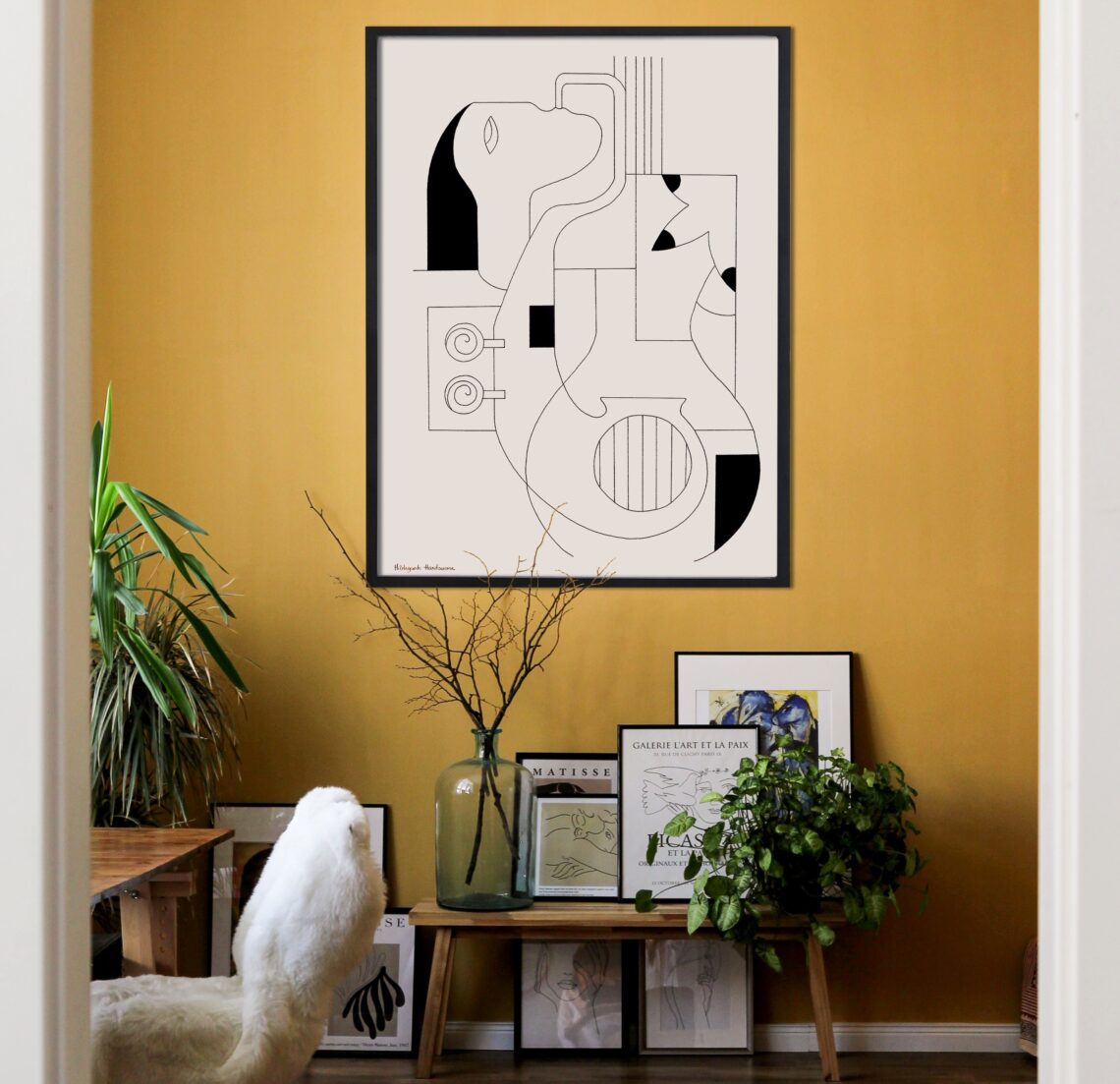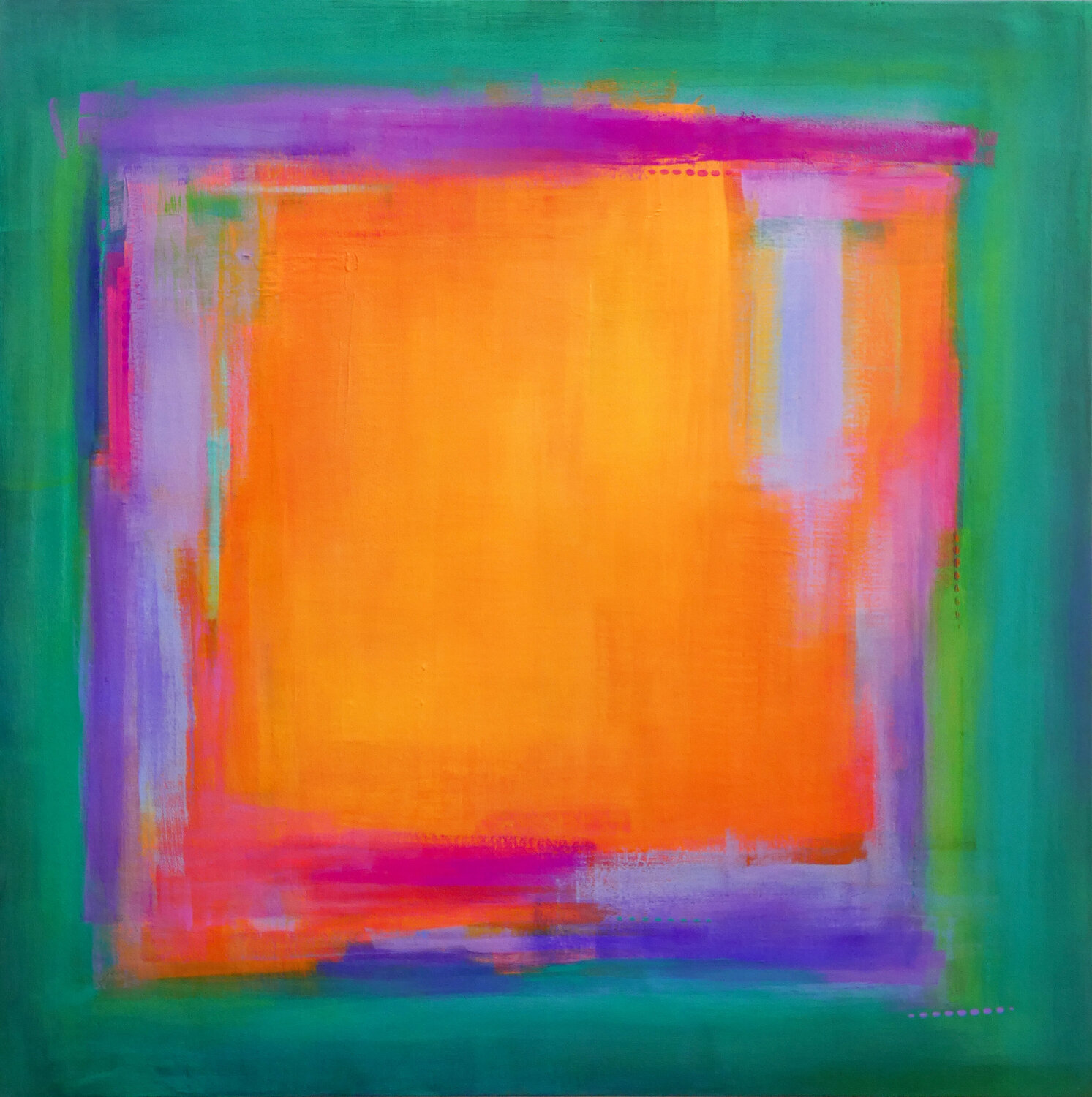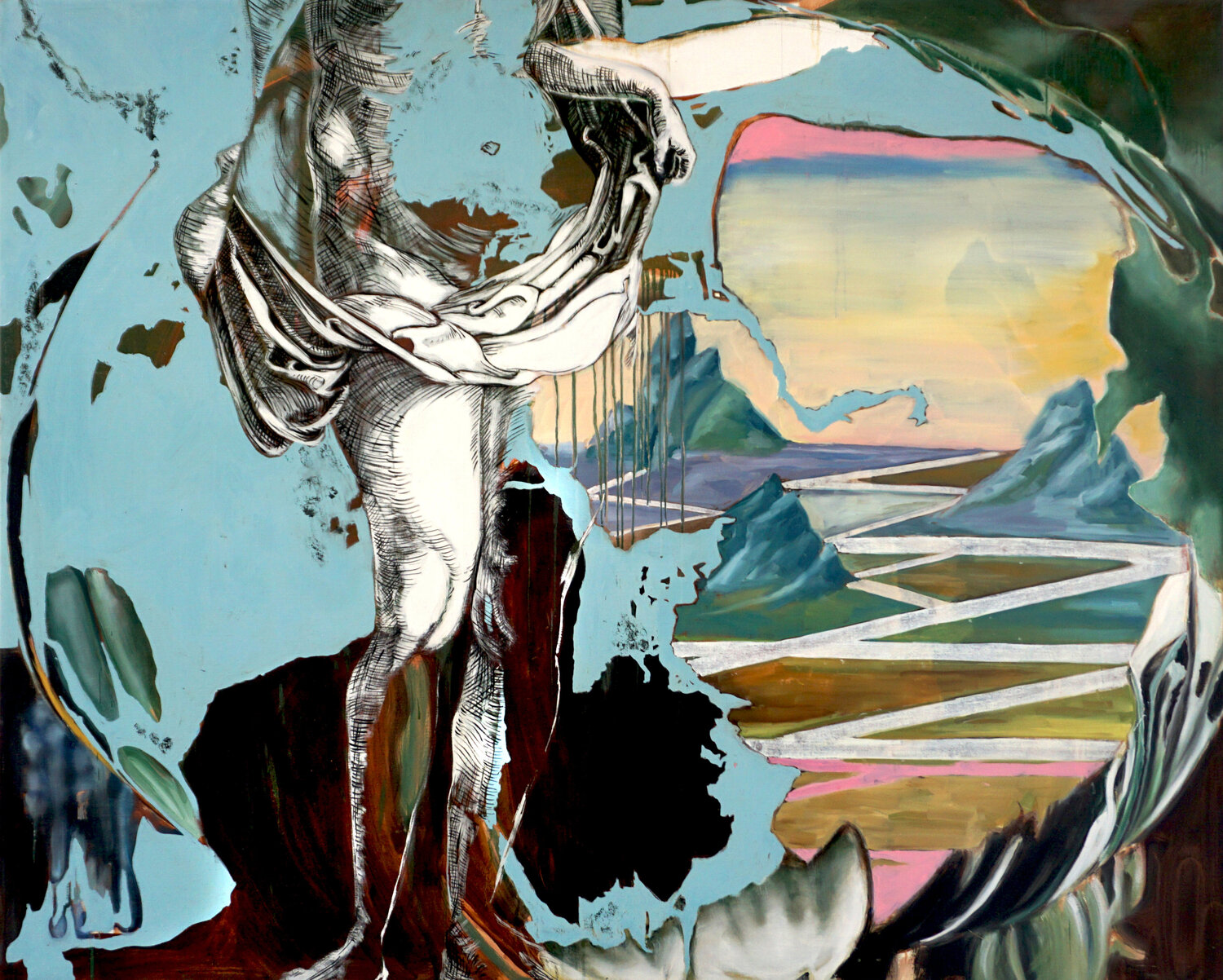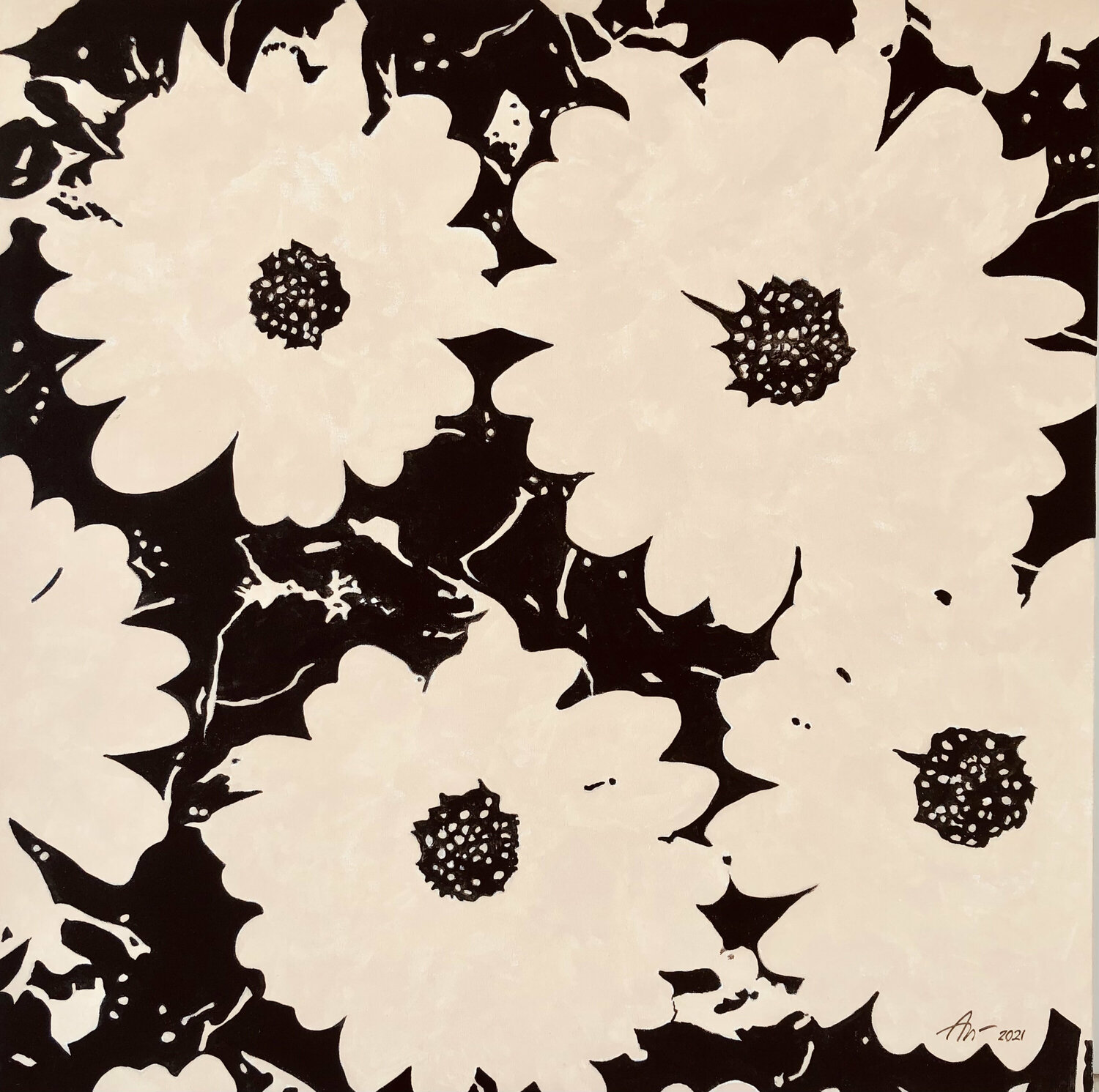With Marine Le Bihan, Lawyer Specialized in Business Litigation and Art Law

A lot of time and consideration can be involved when purchasing an artwork. Adding a piece to a personal collection is no careless decision–it is best to proactively minimize any risks so that you can maximize the enjoyment of your acquisitions. Marine Le Bihan, a lawyer specialized in art market law, gives us precious advice on the matter.
1) How can I reduce my risk when buying an artwork?
The first risk is that an artwork no longer pleases you or is not adapted to your home in terms of size or style, for example. This is why it is important to always clarify the possibilities for return, reimbursement or exchange, as well as the terms and conditions for such.
Secondly, you can receive a damaged artwork. In this case, you must quickly establish proof of damage with a written report and photographs. Carefully read any established general conditions of sale to know if solutions have been put in place by the seller (restoration, replacement, or cancellation, for example).
There is also the issue of work authenticity. The best way to protect yourself from forgery or counterfeiting is to demand a certificate of authenticity. If you are unable to obtain a certificate of authenticity, it is in your interest to have the work appraised after the sale. Particular attention should be paid to artworks in editions (bronzes, photographs): verify that the conditions in which they are produced are in conformity with the artist’s instructions.
The fourth risk is financial, since the value of an artwork may change over time. You can consult with art market professionals, who are in the best position to advise you if you wish to invest in art.
2) Is buying art online safe?
yes, it is. Before you buy a piece of art online, check if the website is reliable. Verify whether all legal mentions mandatory based on the company’s location are present. Review the company’s general conditions of sale (In Europe, all online purchases have a legal right of withdrawal up to 14 days from the delivery, even if the general conditions of sale have not specified it). Make sure payment methods are secured. Consult online reviews. Search for additional information such as trademark registration to ensure credibility. Also research the artist you are interested in. Do not hesitate to write to the seller directly, or to ask for a condition report for an artwork.
3) Who owns the rights of an artwork after is is purchased by a collector?
When you purchase an artwork, you become the owner of the material work of art. You therefore hold a property right and can exercise your right to install, rent, sell, or donate the artwork. However, you do not become the copyright owner by this acquisition.
Copyright laws vary based on location. In general, it refers to the exclusive right of the author upon the intellectual property of a work. Essentially, the right to copy or exploit a work. Along with the right of reproduction, the right of representation allows the artist to authorize or to prohibit the circulation of their work to the public. Thus, if the artist is alive or has been dead for less than 70 years, you cannot, without the authorization of the artist or their successors, reproduce the work in print or merchandise, nor exhibit it in a public place. If you would like to own the copyright for a work, this will typically require an additional contract and fee, agreed upon with the artist.
4) How can I ensure the authenticity and proof of ownership of my artwork?
It is ideal to have a certificate of authenticity signed by the artist. If that is not possible, seek an expert appraisal of your artwork. As for your ownership, you can prove it in several ways: purchase invoice, deed of gift, declaration of succession. If you have no documents, you can make a declaration before a notary. It is also recommended that you keep all documents related to transactions involving the work: proof of payment, delivery notes, restoration invoices, insurance policies, etc.
5) When should I seek consultation from an art lawyer/specialized firm?
An art lawyer can accompany you at all stages of your collecting career. You can entrust them with the negotiation and drafting of contracts concerning your artworks (reselling, loaning, transfer of copyright, exhibition contracts). The lawyer will also be able to advise you on the financial level (investment, tax exemption, donation, inheritance). Finally, a lawyer will be indispensable for you in case of litigation relating to provenance, its authenticity, or copyright.
















